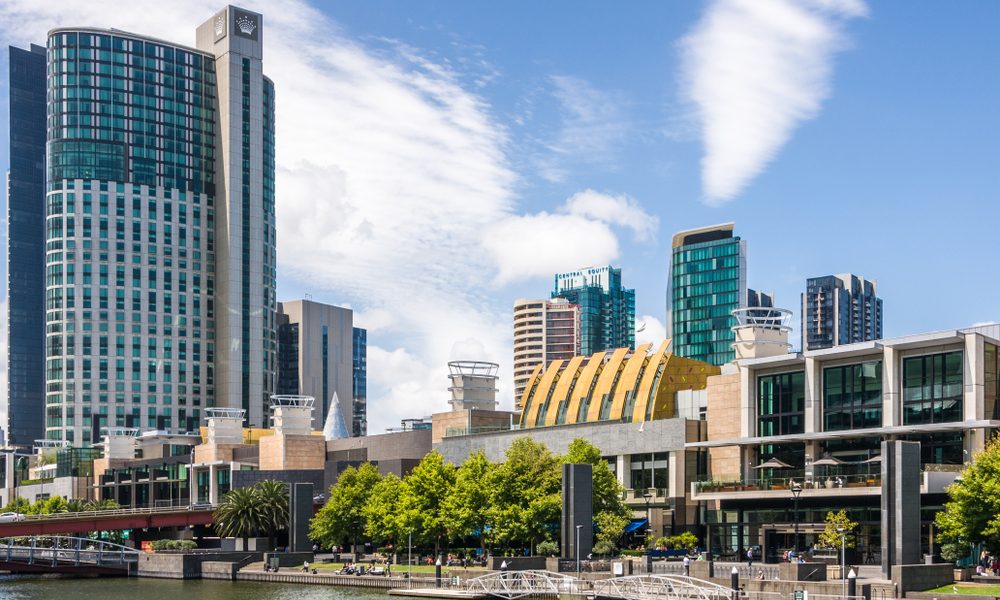The World Series of Poker (WSOP) kicked-off in Las Vegas this week with the first of 95 events set to take place over the course of the next two months. The Main Event itself – a US$10,000 buy-in tournament expected to attract more than 9,000 unique entries – will itself run for 11 days, not including separate Day 1 flights, and whoever emerges victorious will have spent close to 100 hours at the tables in navigating their way through the field. Their US$10 million-plus first prize will have been well and truly earned.
In Australia, Crown Melbourne used to have a prestigious tournament series of its own. The Aussie Millions, traditionally held each January, was last held in 2020 and featured 23 events across 21 days, including the AU$10,600 Main Event which ran for five full days for those who reached the final table.
As anyone who has ever attended would know, the Aussie Millions was a true poker festival with many of the world’s top players travelling from around the globe to enjoy the local hospitality (and often spend a few nights at the Australian Open tennis, running concurrently just down the road, while they were here).
But the Aussie Millions is no more, an unintended victim of new restrictions imposed upon Crown Melbourne’s license, for failings uncovered in the 2021 Royal Commission. Among the new rules and regulations the operator must abide by, all patrons are now limited to 12 hours per day on the casino floor and to 36 hours in a week, rendering any thought of resurrecting the Aussie Millions post-COVID virtually impossible. A similar rule is now in place in Sydney, where The Star Sydney has also put its own annual tournament schedule – traditionally incorporating World Poker Tour (WPT) and WSOP Circuit events – on indefinite hold. Can you imagine if similar restrictions were in place in Vegas? The WSOP would be as dead as a dodo.
Of course, poker has never been the target of these new restrictions, which are aimed at minimizing harm for those who may have previously spent just a little too much time playing the pokies. And while it’s far too early to predict how effective the new measures will turn out to be, it is understandable that some strict regulatory action was going to be taken in the wake of the recent Bergin and Bell inquiries into Sydney’s casinos and the Finkelstein Royal Commission into Crown Melbourne.
However, if we are going to establish rules on the premise of safeguarding the public, we must also acknowledge when those same rules negatively impact those they purport to protect. Given Australia’s passionate poker community numbers in the tens of thousands at the very least, it seems hard to argue the case that terminating the biggest poker festivals in the country is in the public interest.
What seems to have been forgotten in the wake of Australia’s casino inquiries – especially as it relates to an entertainment business – is the importance of the customer experience.
A few weeks back, Star Entertainment Group revealed a “significant and rapid deterioration in operating conditions” at The Star Sydney, impacted by, among other things, its inability to provide complimentary services in its private gaming areas. That’s right, Star is no longer allowed to offer free alcoholic beverages to its premium members.
Just like patron time limits, this restriction on complimentary services is all about harm minimization – the idea that people who drink more will gamble more – but I doubt too many of those affected see it that way. More likely they will question the point of being a loyal customer if the perks that come with it – and that customers undoubtedly believe they have earned – are taken away.
As Star is reluctantly discovering, the words “customer” and “experience” go hand in hand – if you lose the experience, you lose the customer too. And while striking that balance between protecting the vulnerable and protecting personal freedoms is no simple task, it seems clear to me that the Australian experience is now falling well wide of the mark.




